15 Times Boomers Led the Way in Social Movements
Boomers, known for their formative experiences in the 1960s and ’70s, were the original pioneers of social change in many arenas. This generation paved the way with some of the most powerful movements in history, taking on issues like civil rights, environmentalism, and gender equality. Though their legacy is sometimes overshadowed by newer generations, boomers set many of the standards for activism that later movements have built on. Here are 16 times boomers led the charge in social movements, forever changing society in the process.
1. The Civil Rights Movement: Fighting for Equality and Justice
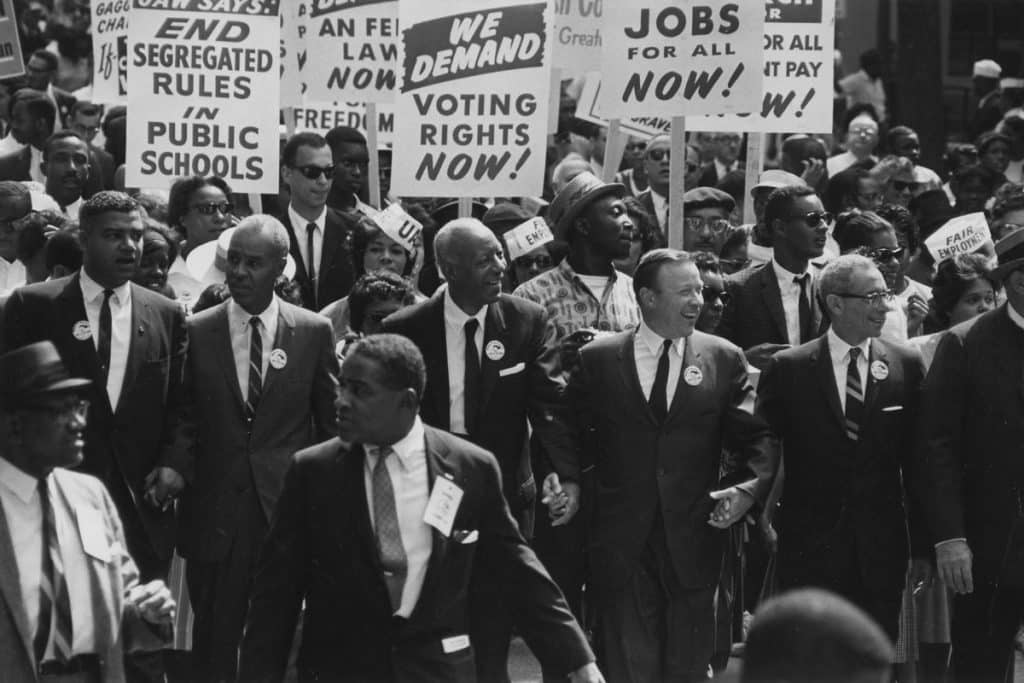
Born during an era of segregation, boomers were young participants in the civil rights movement of the 1950s and 1960s, which aimed to end racial discrimination and segregation. Icons like Martin Luther King Jr. and Rosa Parks inspired young activists, and boomers organized protests, participated in sit-ins, and joined the March on Washington. Their dedication laid the groundwork for equality under the law, leading to the Civil Rights Act of 1964 and the Voting Rights Act of 1965.
2. The Anti-Vietnam War Movement: Speaking Out Against War
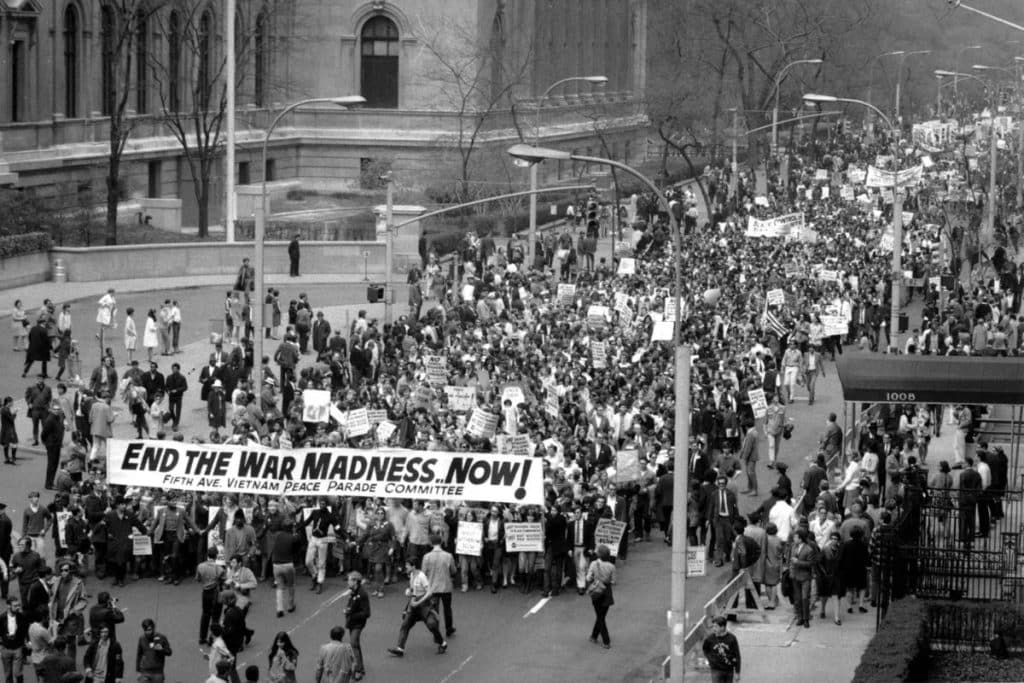
Boomers were at the forefront of the anti-Vietnam War protests, bringing a new level of youth activism to national consciousness. From campus demonstrations to the famous protests at the Democratic National Convention in 1968, young boomers mobilized to oppose the war, calling for peace and accountability. They used music, marches, and teach-ins to spread their message, ultimately influencing public opinion and government policy. This movement sparked a lifelong commitment to activism for many boomers.
3. The Environmental Movement: Paving the Way for Earth Day

Boomers helped launch the environmental movement in the 1960s, spurred by events like the Santa Barbara oil spill and Rachel Carson’s influential book Silent Spring. They established the first Earth Day in 1970, organizing rallies across the United States to raise awareness about pollution, deforestation, and wildlife protection. This activism led to the creation of the Environmental Protection Agency (EPA) and the passage of landmark laws like the Clean Air Act and Clean Water Act, reshaping environmental policy for generations.
4. The Women’s Liberation Movement: Advancing Gender Equality
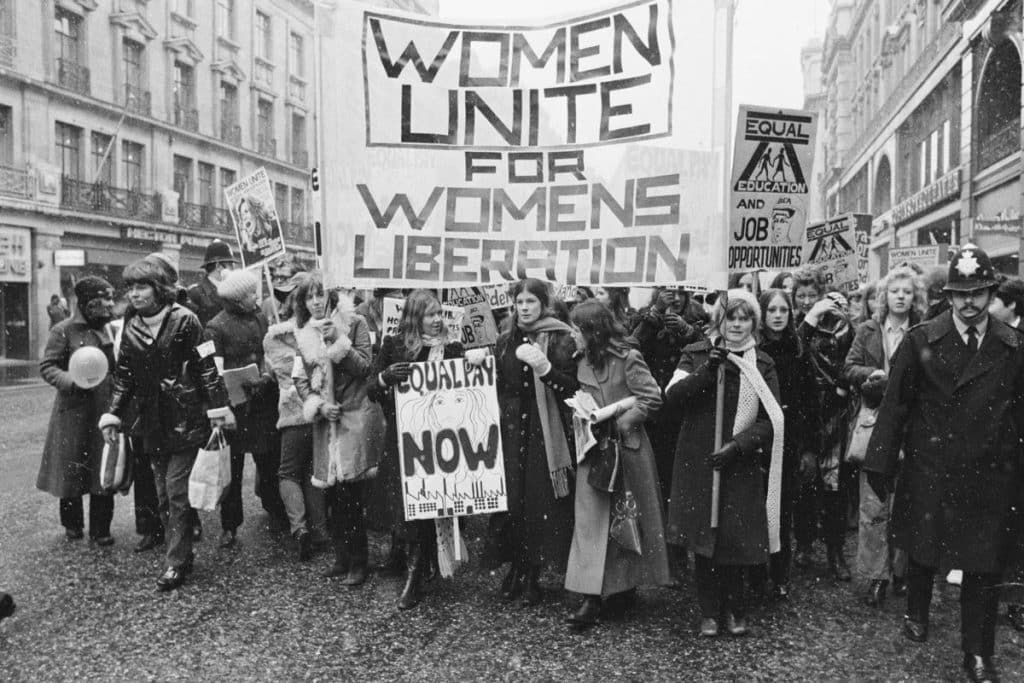
In the 1960s and ’70s, boomer women spearheaded the women’s liberation movement, challenging gender norms and demanding equality. The movement pushed for changes in workplace rights, reproductive freedom, and social expectations, advocating for equal pay, better career opportunities, and access to birth control. Influential figures like Gloria Steinem and Betty Friedan inspired women to take action, leading to groundbreaking achievements like Title IX and Roe v. Wade.
5. The Farmworkers’ Rights Movement: Advocating for Labor Rights
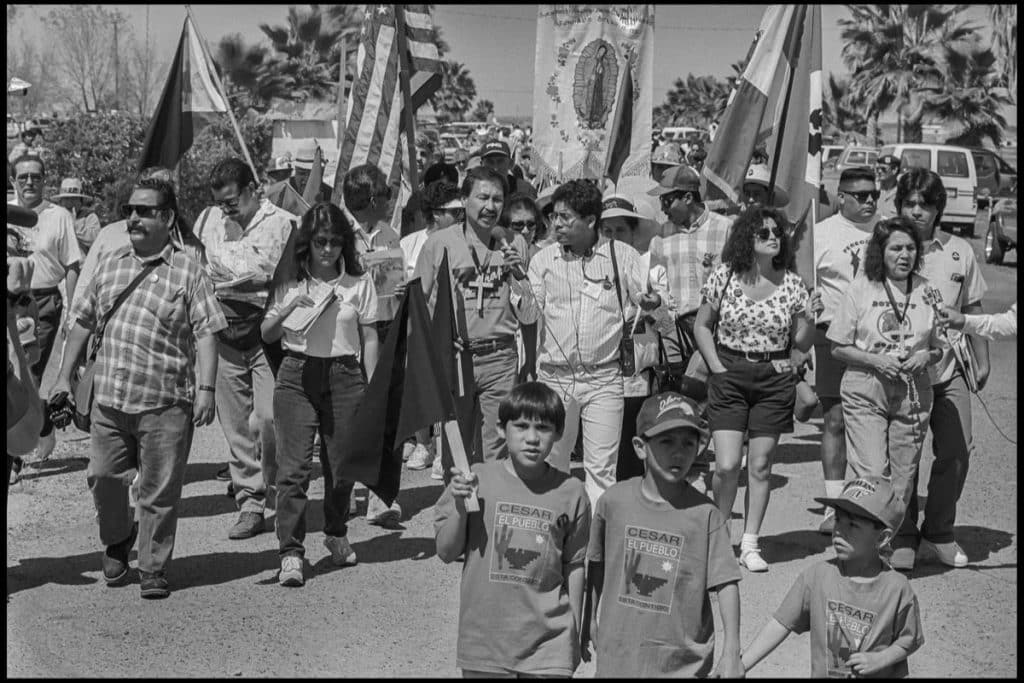
Led by Cesar Chavez and Dolores Huerta, the United Farm Workers movement brought attention to the exploitation and poor working conditions of agricultural laborers. Boomers rallied behind these leaders, supporting boycotts, strikes, and marches for fair wages and better treatment for farmworkers. This activism led to landmark contracts improving pay and conditions, and it inspired a broader labor rights movement that sought dignity for all workers.
6. Anti-Nuclear Movement: Pushing for a World Without Nuclear Weapons
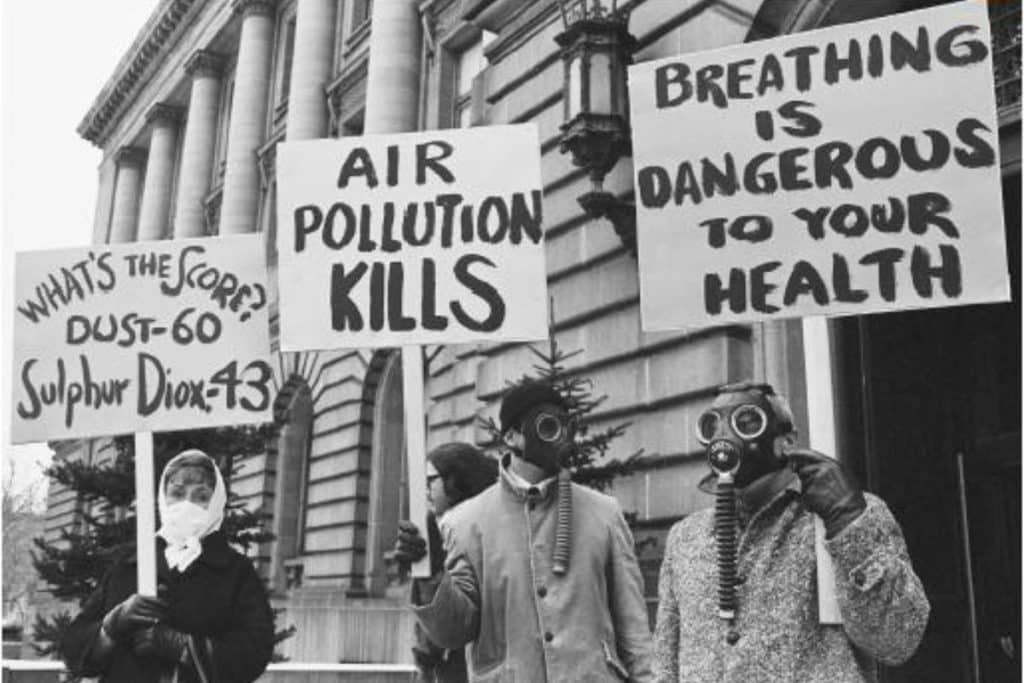
During the height of the Cold War, many boomers protested nuclear weapons testing and development, advocating for disarmament and global peace. The anti-nuclear movement, which peaked in the 1970s and 1980s, included massive protests, rallies, and marches around the world. These efforts helped pressure governments to sign treaties like the Nuclear Non-Proliferation Treaty, advancing a goal of peace and safety that remains relevant today.
7. Disability Rights Movement: Advocating for Accessibility
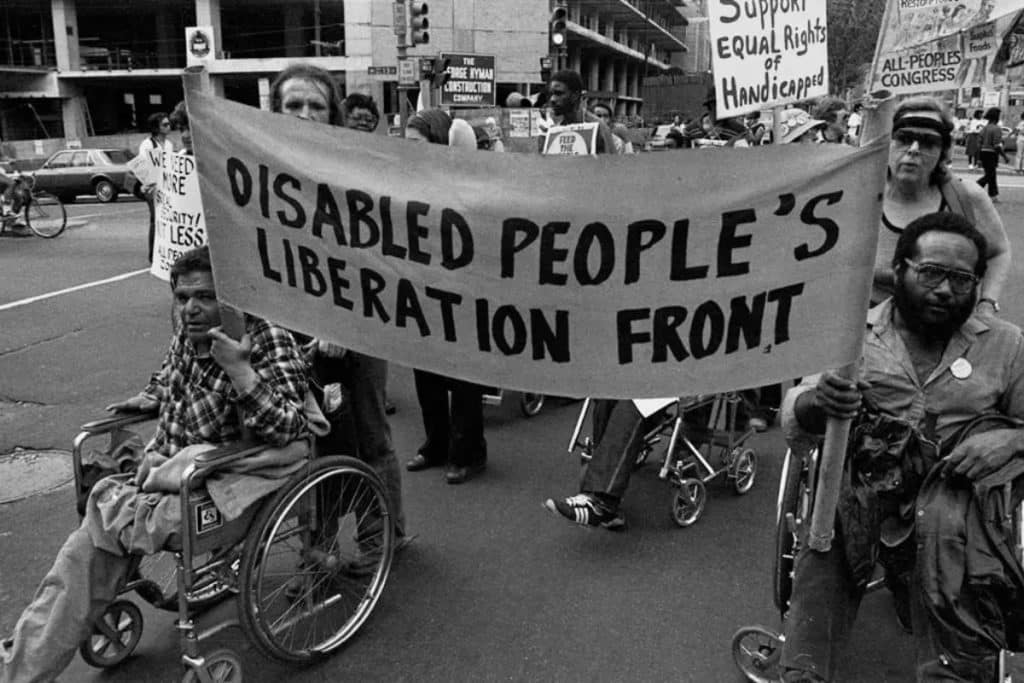
Boomers played a major role in advocating for disability rights, leading to greater accessibility and anti-discrimination protections. Activists fought for changes in infrastructure, education, and employment, culminating in the passage of the Americans with Disabilities Act in 1990. This landmark law guaranteed access to public spaces and workplace protections for people with disabilities, and it paved the way for a more inclusive society.
8. The Anti-Apartheid Movement: Fighting for Justice Worldwide
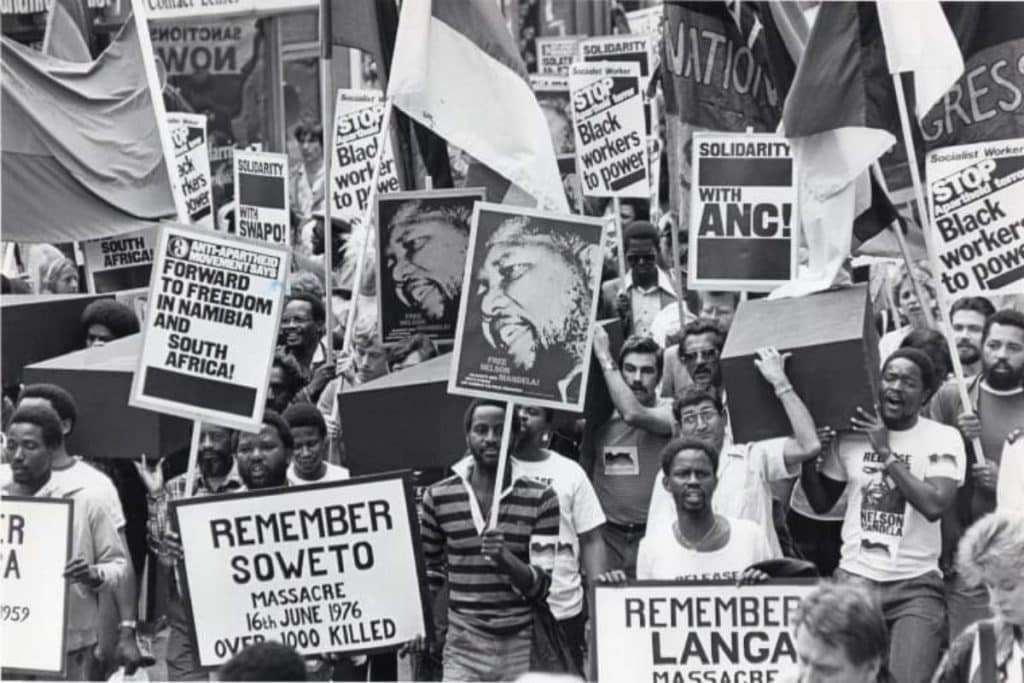
Boomers joined the global movement against apartheid in South Africa, organizing boycotts, protests, and sanctions to pressure the South African government to end racial segregation and oppression. This activism reached its peak in the 1980s, with campaigns urging companies and universities to divest from South Africa. The global solidarity boomers showed ultimately contributed to the downfall of apartheid and the rise of a democratic South Africa.
9. The Consumer Rights Movement: Demanding Accountability
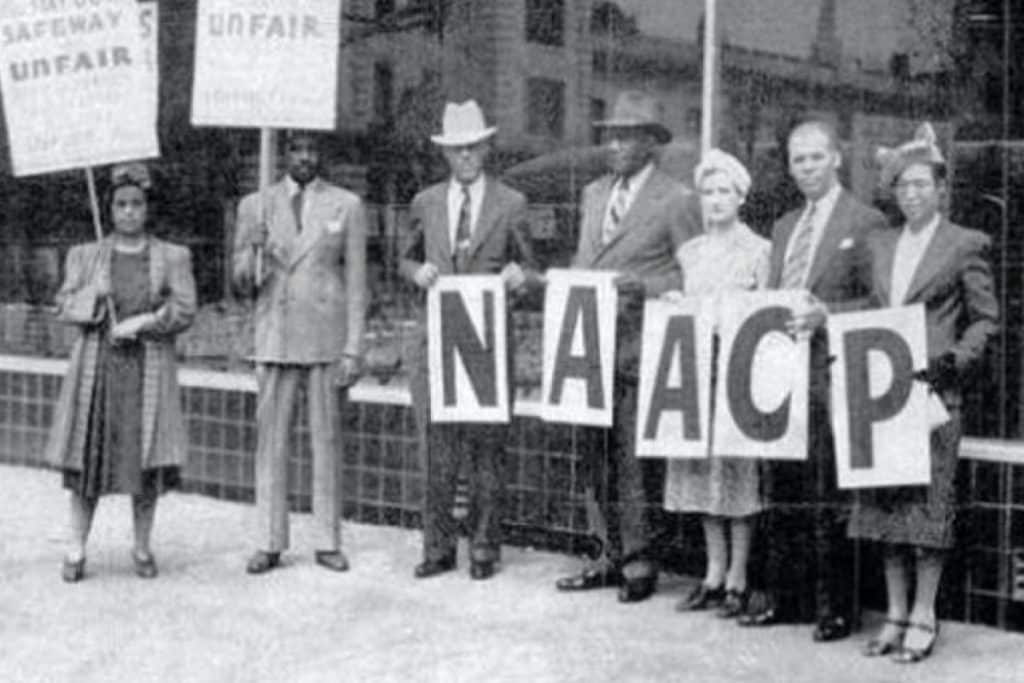
Consumer rights were revolutionized in the 1960s and ’70s, thanks to boomer activists who demanded safer products and transparency from corporations. Figures like Ralph Nader became famous for their advocacy, particularly in exposing unsafe practices in the automotive and food industries. Their efforts led to laws requiring ingredient labeling, automobile safety standards, and more consumer protections, showing how activism can protect public health and safety.
10. Mental Health Advocacy: Breaking Down Stigmas
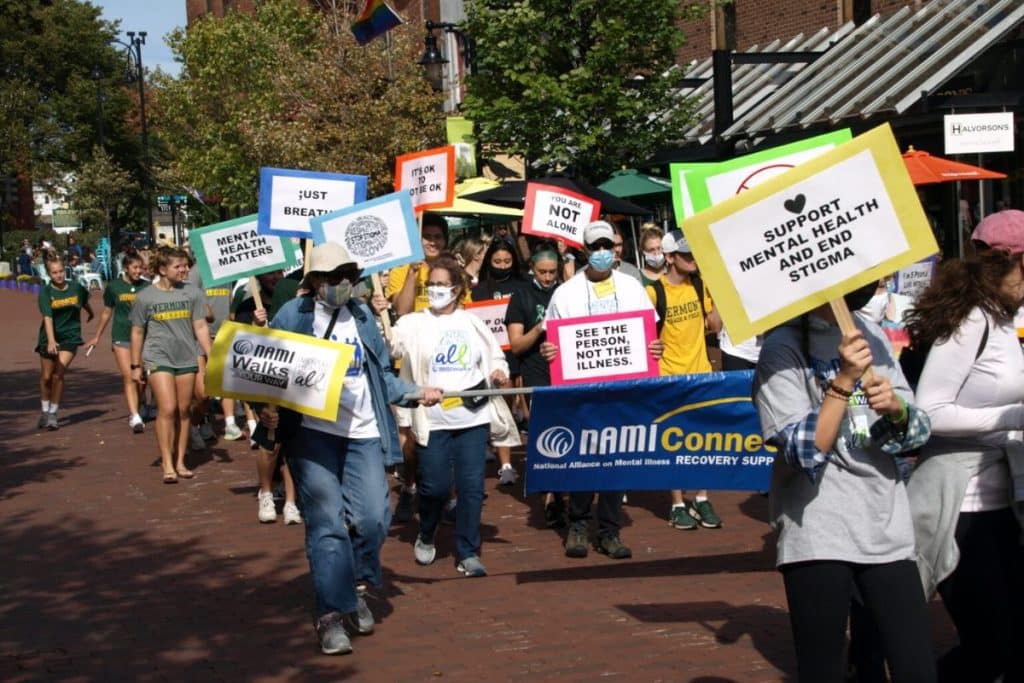
Boomers led early efforts in mental health advocacy, helping to destigmatize mental illness and promote better access to care. Their activism led to greater acceptance of mental health issues and fostered important changes, such as the shift from institutionalization to community-based treatment. Organizations founded by boomers, like the National Alliance on Mental Illness (NAMI), continue to support mental health awareness and reform.
11. Education Reform: Creating Equal Access for All
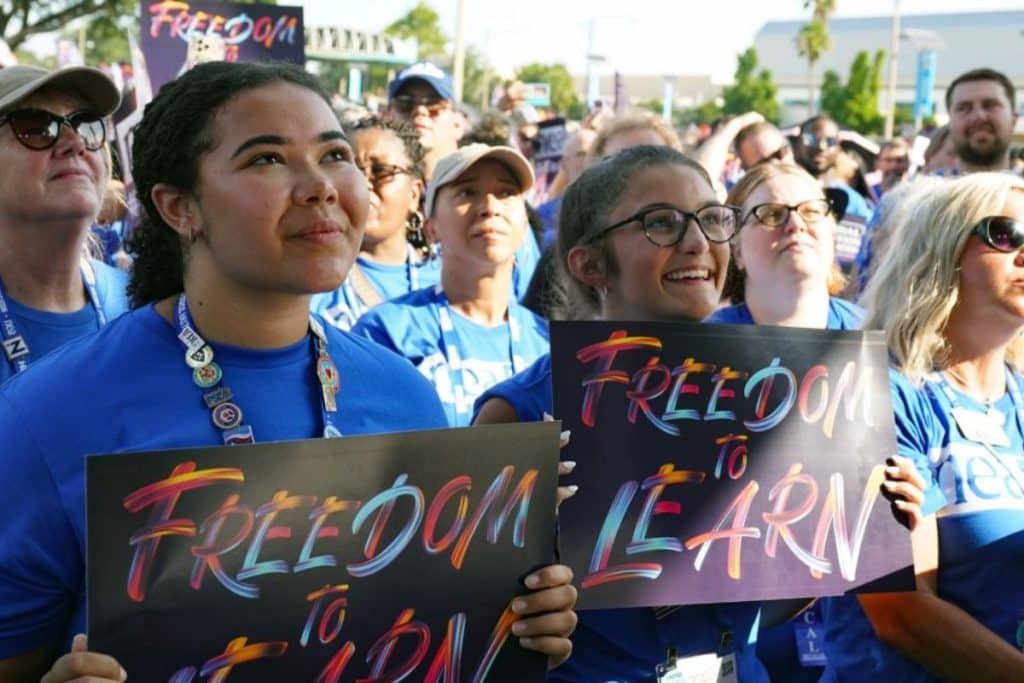
Boomers fought to improve public education and address inequalities within the system, advocating for federal funding, better teacher pay, and equal access for students of all backgrounds. This activism also addressed the racial segregation in schools, with many boomers joining efforts to integrate schools and support initiatives like Head Start. Their work helped shape educational policies that expanded access to quality education for underserved communities.
12. The Peace Corps Movement: Serving on a Global Scale
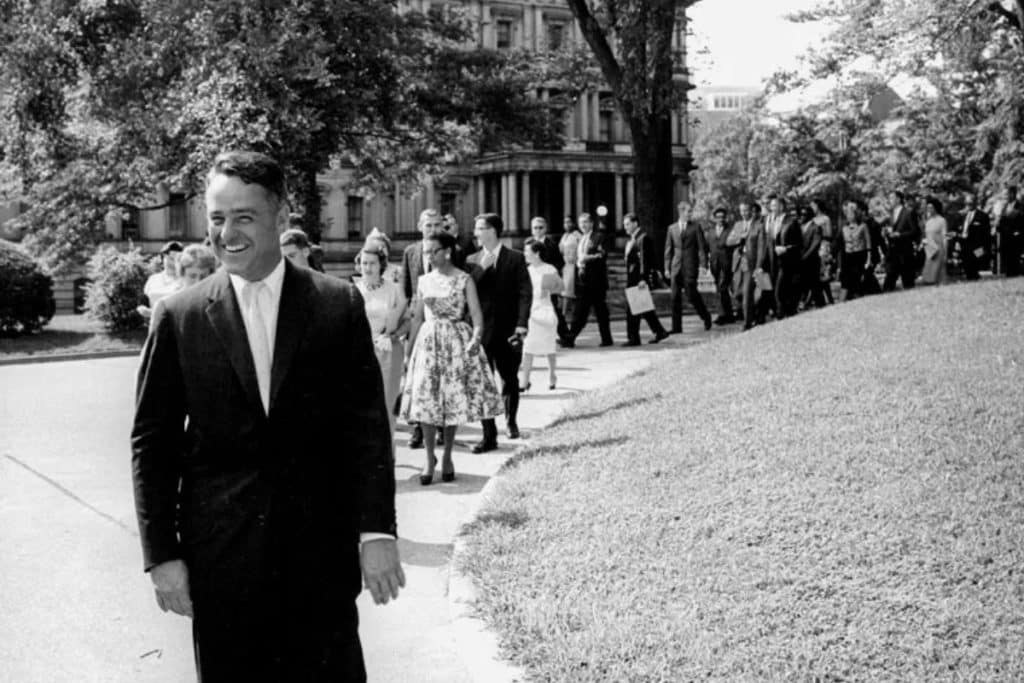
Established in 1961, the Peace Corps quickly attracted boomer volunteers eager to promote cross-cultural understanding and global service. These young people traveled around the world, bringing educational and technical support to underserved communities. The Peace Corps allowed boomers to pursue activism on a global scale, fostering compassion, cooperation, and understanding across borders. The program still thrives today, influenced by boomer values of service and altruism.
13. Prison Reform Movement: Seeking Justice Beyond the Bars
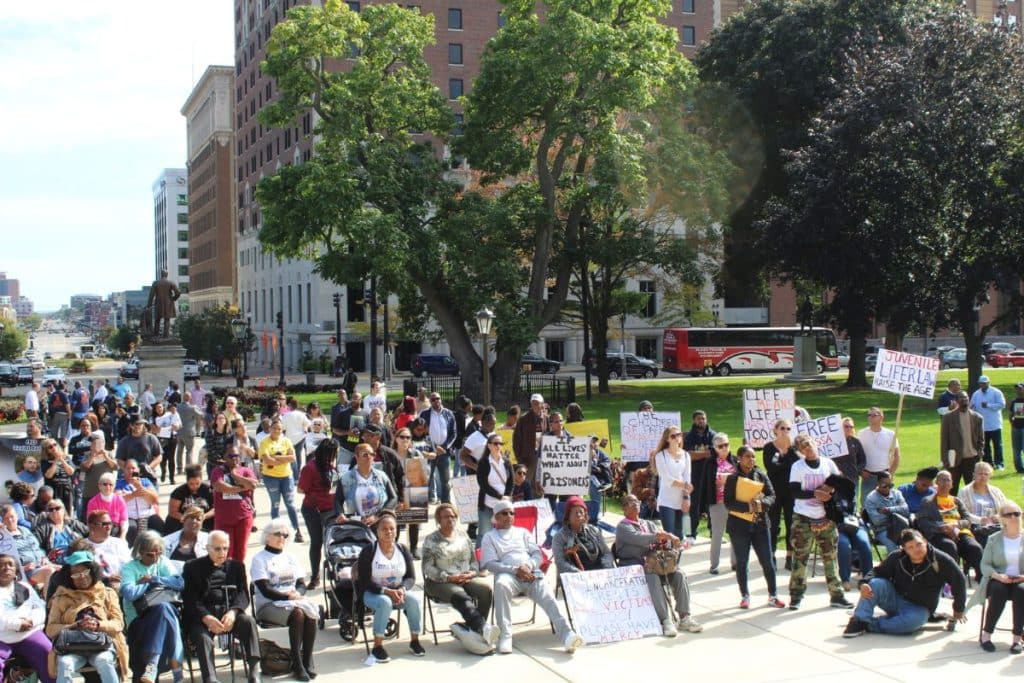
Boomers were among the first to call for prison reform, critiquing mass incarceration, harsh sentencing, and inhumane prison conditions. This movement led to the advocacy for alternatives to incarceration, particularly for nonviolent offenders, and highlighted the need for rehabilitation and education programs. Although the fight for reform is ongoing, boomer-led efforts helped draw attention to systemic problems within the justice system.
14. The Right to Choose Movement: Fighting for Reproductive Freedom
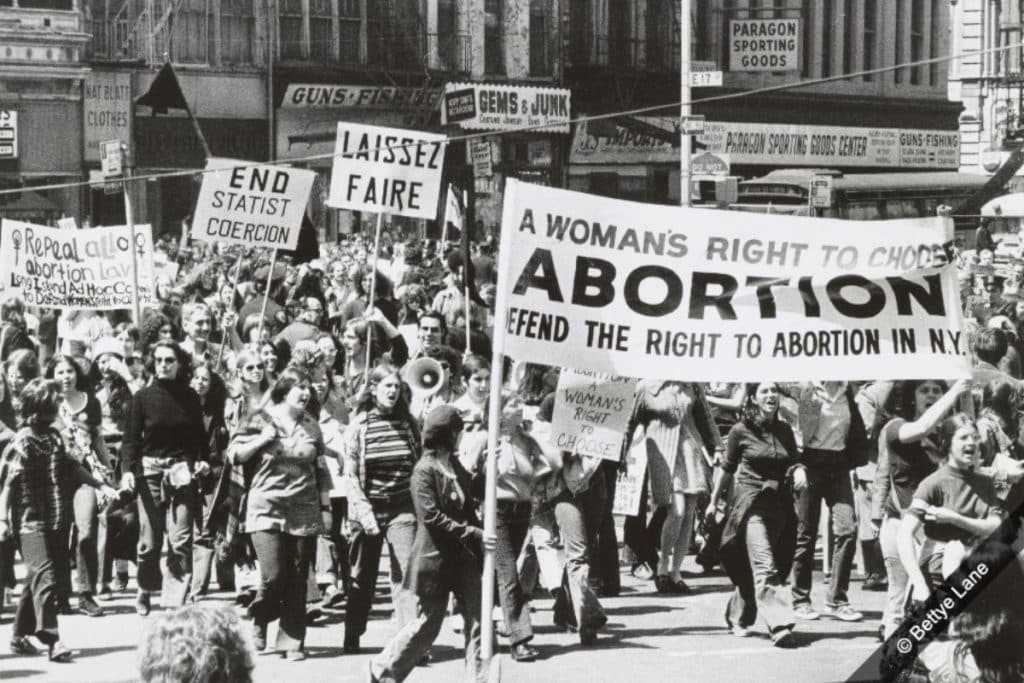
Boomers were crucial in the movement for reproductive rights, advocating for the right to access contraception and safe abortions. Their activism led to the Supreme Court’s decision in Roe v. Wade in 1973, which secured the constitutional right to abortion and became a landmark in reproductive justice. Boomers continue to advocate for these rights as they face renewed legal challenges, underscoring their dedication to reproductive freedom.
15. Urban Renewal and Historic Preservation: Fighting for Community
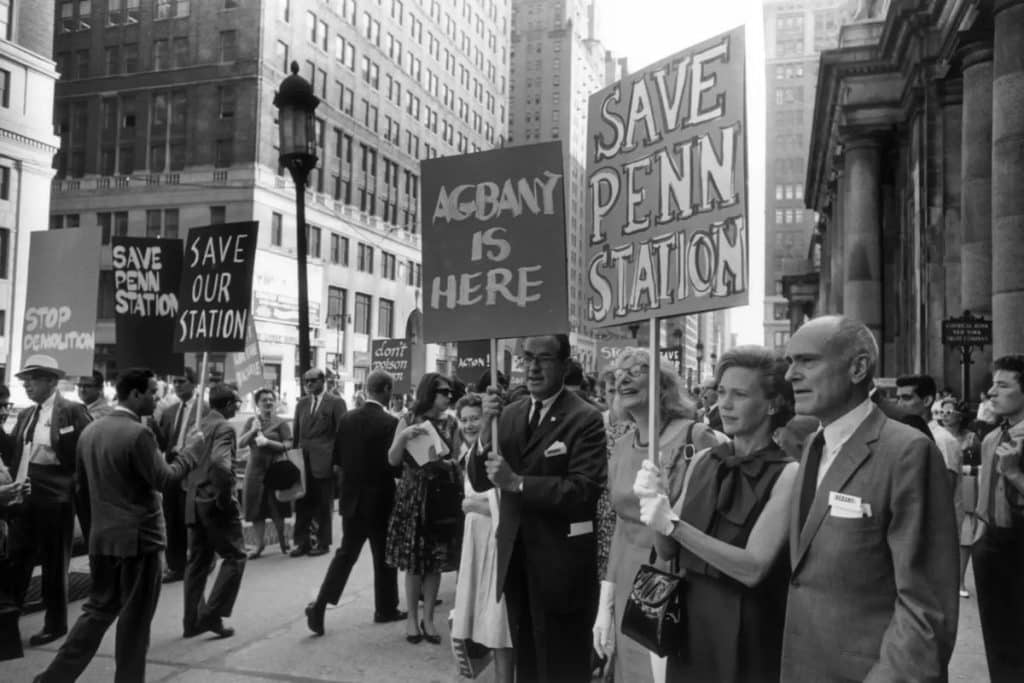
Boomers were passionate advocates for urban renewal and historic preservation, rallying to save historic neighborhoods from demolition and fighting for affordable housing. This movement, which began in the 1960s, preserved countless historical sites and neighborhoods while also bringing attention to the need for thoughtful urban development. Organizations like the National Trust for Historic Preservation still reflect the values boomers championed, blending heritage with progress.






